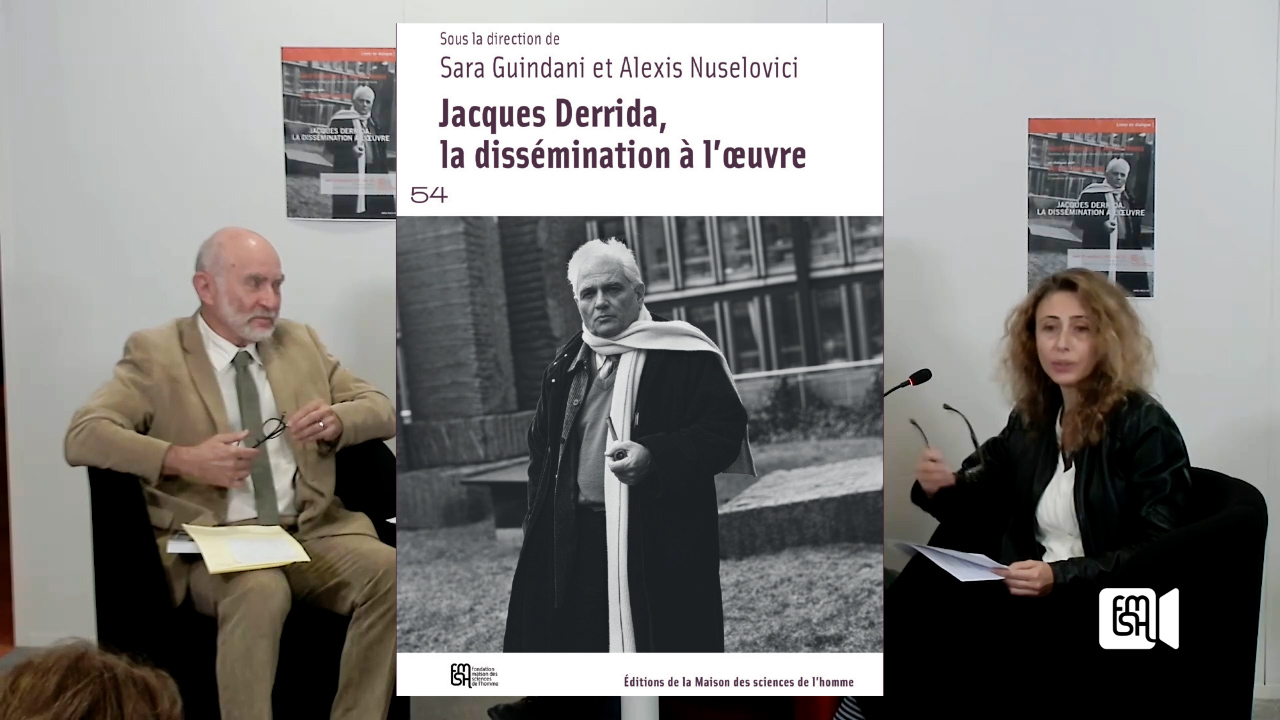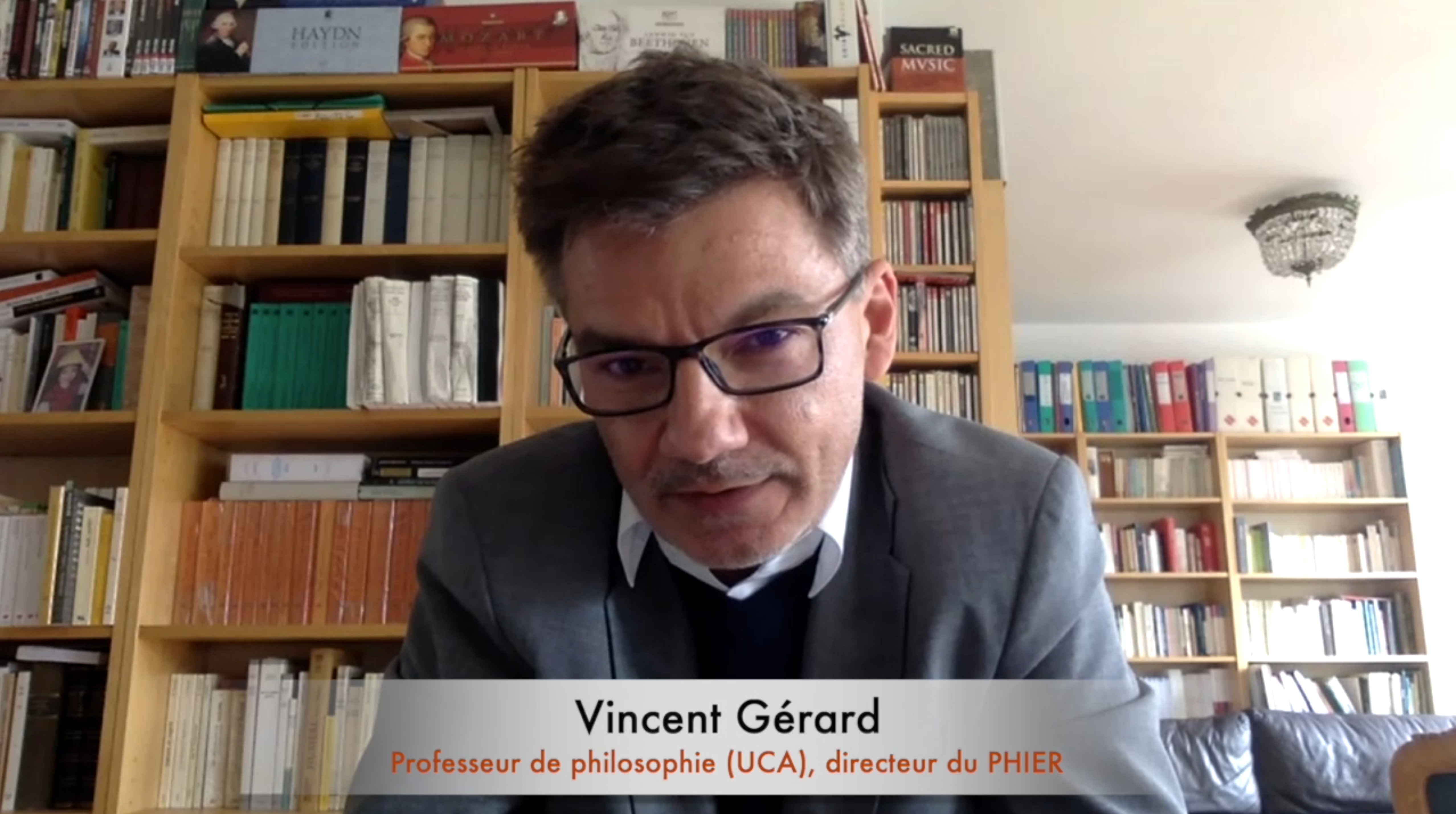Notice
The Optimal Rule of Decision-making for Areopagus: Public Voting or Apparent Consens?
- document 1 document 2 document 3
- niveau 1 niveau 2 niveau 3
Descriptif
La sagesse collective : principes et mécanismes
Colloque des 22-23 mai 2008, organisé par l'Institut du Monde Contemporain du Collège de France, sous la direction du Professeur Jon Elster.
Intervention de Philippe Urfalino.
Areopagus, as are constitutional courts and committees of experts, are expected to reach decisions which must be justified by reasons. Their members are not elected but appointed with a reference to their specific competence. With regard to the nature of the decisions they make and the intellectual quality of their members, areopagus are strongly associated with an idea of a certain kind of wisdom. One of the questions areopagus are regularly confronted with, is : “what rules of collective decision-making warrant that a gathering of wise persons will indeed result in a wise collective decision” ? It appears that the answer is not always the same: in some cases, they opt for public voting with the rule of majority, and in other cases for what I call decision by apparent consensus (when a proposition receives no more objection.
Using mainly the examples from, advice committees at the FDA for pharmaceutical drugs and of their equivalent committees at the French Agency for Medical Drugs, the paper will raise three main questions:
How has the problem of the quality of the collective decisions been conceived and thought in the history of these committees?
What kind of rules and what justifications of these rules have been adopted?
Intervention / Responsable scientifique
Thème
Documentation
Liens
Discussant : Stéphanie Novak
Télécharger la présentation PowerpointFichier .ppt (38 Ko)
Sur le même thème
-
L’intersciences, ou la croisée des intelligences : comment unir la puissance de l’abstraction et la…
BerthetPhilippeIntelligence, rationalité, adaptabilité sont pour l'homme question d'échelle. À l'échelle de la toile, l'espace se rétrécit et le temps s'accélère : oubliés le lent souffle des grandes découvertes,
-
SOIRÉE DE PRÉSENTATION DE L'OUVRAGE "JACQUES DERRIDA, LA DISSÉMINATION A L’ŒUVRE"
BourmeauSylvainGuindaniSaraNuseloviciAlexisÀ l'occasion de la parution de l'ouvrage Jacques Derrida, la dissémination à l'œuvre dans la collection "54", les Éditions de la Maison des sciences de l'homme organisent une soirée de
-
Comment s’orienter dans la crise ?
Proposée et organisée par la Maison des Sciences de l'Homme de Clermont-Ferrand et le PHIER, laboratoire Philosophies et Rationalités, cette web conférence, ouverte à toutes et à tous, s’est tenue le
-
Le Libéralisme dans tous ses États : Histoire de la pensée
le Libéralisme dans tous ses Etats- Histoire de la pensée
-
L'attention aux plantes ordinaires
De la forêt à la végétation urbaine, nous vivons entourés de plantes qui participent à la composition de nos mondes. Mais bien souvent, celles qui peuplent les espaces de notre vie quotidienne
-
Penser et agir avec la nature
Les études s'intéressant à l'impact de l'activité humaine sur la nature se multiplient depuis les années 60. Aujourd'hui, l'intérêt du public pour la question écologique est massif et les
-
Pourquoi philosopher sur le végétal ?
La place occupée par le végétal dans la pensée contemporaine n'a cessé de progresser ces dernières années. Les enseignements qui en découlent nous inviteraient à reconsidérer des notions telles
-
Ricoeur et le sens de l'altérité, par Olivier Abel
Parlant de la rencontre des cultures, Ricœur écrivait en 1960 : « Pour avoir en face de soi un autre que soi, il faut avoir un soi ». Entre un relativisme où il n’y a plus que des autres, et la
-
Julie Brumberg-Chaumont : "La philosophie au LEM"
La philosophie est aujourd’hui presque partout au LEM, qu’il s’agisse de la description officielle du laboratoire lui-même, où la « rationalité philosophique » et l’« interprétation philosophique »
-
Anne Lefebvre
Anne Lefebvre, CRD, ENS Paris-Saclay Après Bergson. Le devenir analogique de l’intuition ou la critique de la hiérarchisation de l’action
-
Jean-Hugues Barthélémy
Jean-Hugues Barthélémy, EA 4414 HAR, Université Paris-Nanterre La réhabilitation philosophique de l’analogie chez Simondon et le problème de la nature analogique de la philosophie
-
Carole Widmaier
Carole Widmaier, EA 2274 Logiques de l’Agir, Université de Franche-Comté Conférence introductive. Les enjeux philosophiques et politiques de la théorie simondonienne de l’analogie














